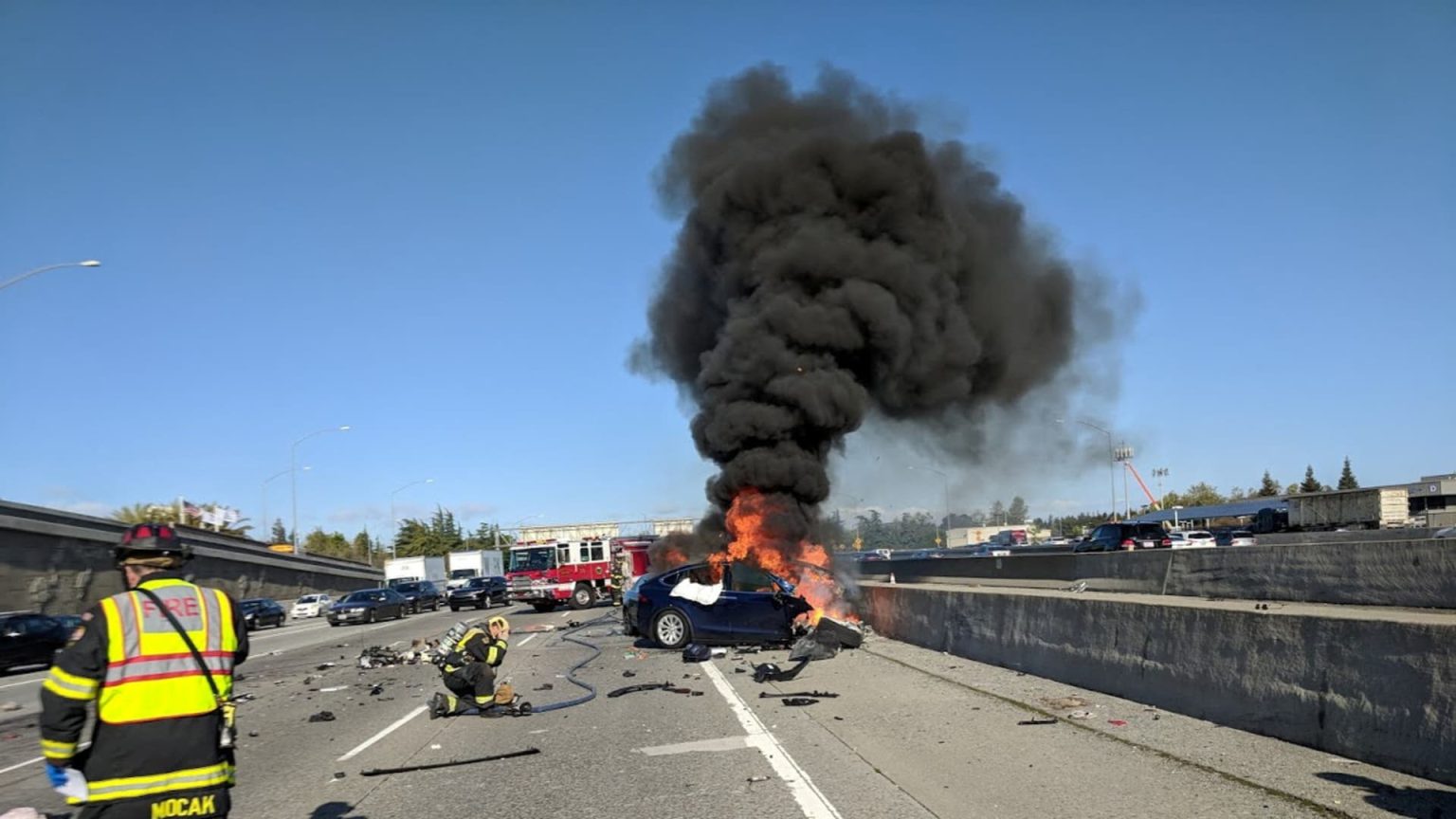Federal authorities have discovered a “critical safety gap” in Tesla’s Autopilot system that has contributed to at least 467 crashes, including 13 fatalities and numerous serious injuries. The National Highway Traffic Safety Administration conducted an analysis of 956 crashes involving Tesla vehicles, finding that the Autopilot system did not adequately ensure driver attention and appropriate use, leading to foreseeable misuse and avoidable collisions. A software update issued by Tesla in December as part of a recall was meant to address these Autopilot defects but the NHTSA has expressed skepticism about its effectiveness, as more crashes linked to Autopilot continue to occur.
One such recent incident involved a Tesla driver in Washington state who struck and killed a motorcyclist while using Autopilot. This latest NHTSA report is part of a series of regulatory and watchdog evaluations questioning the safety of Tesla’s Autopilot technology, which the company has promoted as a key differentiator in the market. Despite these findings, Tesla has not issued a response to the report and has not commented on the concerns raised by federal regulators regarding the safety and efficacy of its Autopilot system.
In response to the NHTSA report, Senators Edward J. Markey and Richard Blumenthal have called for restrictions on Tesla’s Autopilot feature to ensure it is only used on roads it was designed for. On Tesla’s Owner’s Manual website, drivers are warned not to operate the Autosteer function of Autopilot in areas where bicyclists or pedestrians may be present. The company has faced criticism and legal action related to Autopilot features, including a lawsuit from the family of a man who died in a crash involving a Tesla Model X with Autopilot engaged. Tesla has pushed to seal the terms of the settlement from public view.
Despite the scrutiny and concerns raised by federal authorities and lawmakers, Tesla and CEO Elon Musk have signaled their commitment to autonomous driving technology, with Musk stating that the company’s future relies on solving autonomy. Musk has long promised that Tesla vehicles would be capable of self-driving with software updates, although the company currently offers only driver assistance systems and has not produced fully self-driving vehicles. Automotive safety researcher Philip Koopman has criticized Tesla’s marketing claims as “autonowashing” and called for the company to take the NHTSA’s concerns seriously to prevent further tragedies caused by misplaced confidence in Autopilot capabilities.
You Might Like
© 2024 West Observer. All Rights Reserved.


